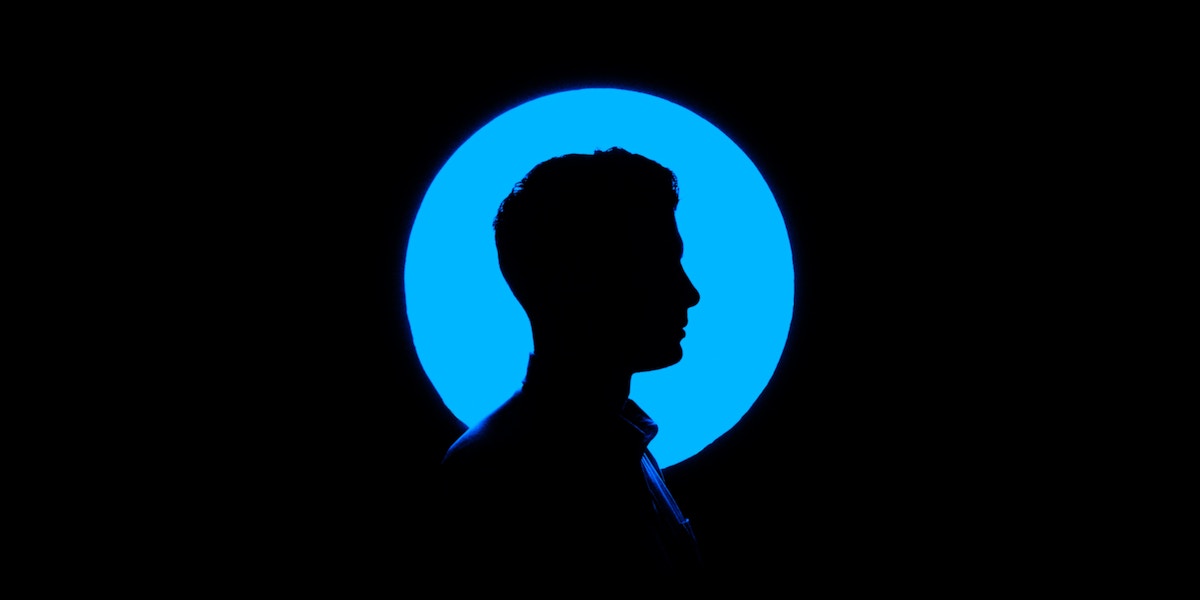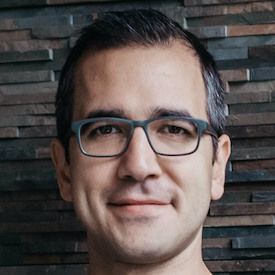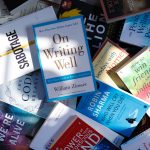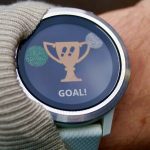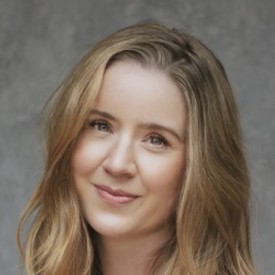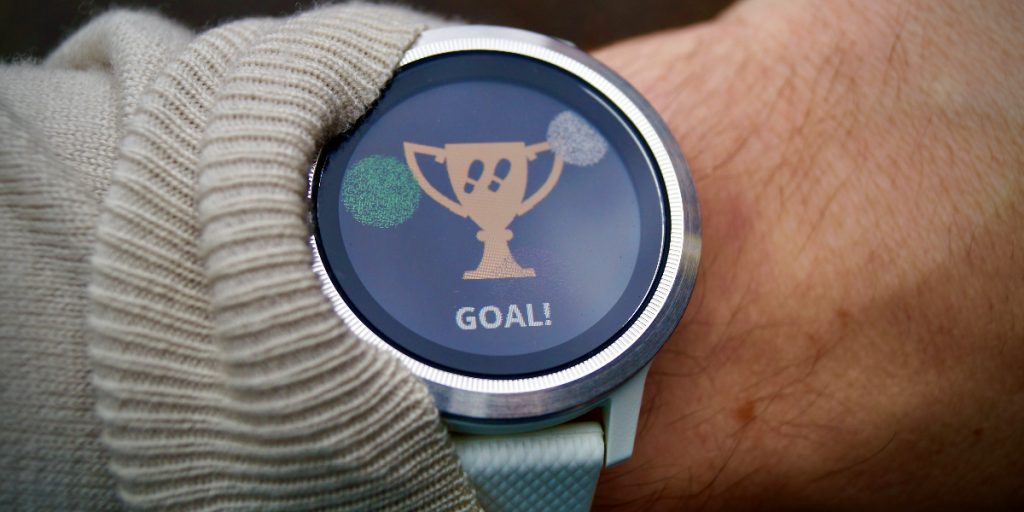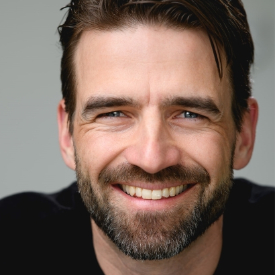When it comes to financial instruments, we’re told to diversify. Don’t put all of your money in real estate. Buy stocks from different industries so you’re not ravaged when the tech bubble bursts.
But we don’t do the same for our personal identity. When it comes to ourselves, we put all of our eggs in the same identity basket, defining ourselves as a lawyer, a marketer, or an entrepreneur. We assume that in doing so, the ground underneath our feet will be more stable, but we inadvertently end up balancing on a fragile platform that can tumble over with a gust of wind.
If your identity is bound up in a single career, what happens if you lose your job? Or what happens if you don’t want to do your job anymore? This happened to me roughly ten years ago. I realized I no longer wanted the career—being a practicing lawyer—that I had built my entire identity around. I found myself in an existential funk that shook me to the core.
The remedy? Treat your identity like a financial investment. Hedge your bets. Diversify it.
This has two benefits.
First, it allows you to cross-pollinate ideas from different disciplines. “To create,” as François Jacob said, “is to recombine.” Most revolutionary inventions have been combinations of ideas from diverse fields.
Second, adopting multiple identities makes it easier to take risks with potentially big rewards. If you take a moonshot with one identity—and it doesn’t work—you’ve still got the others.
Consider Amelia Boone, who has two primary identities: She’s an attorney for Apple by day and an obstacle course racer by night. When she first started training, she couldn’t do a single pull-up. Since then, she’s won the World’s Toughest Mudder three times. The race, which lasts for 24 hours non-stop, makes a marathon look like a casual stroll. Participants must fight off sleep while conquering roughly twenty of the “biggest, baddest, most insane obstacles” scattered across a 5-mile course. The racer who completes the most laps takes home the gold.
When Boone broke her femur, one of her identities was taken off the table. She could no longer race. But the injury didn’t hit her as hard, because she used the recovery time to reconnect to what she loved about her other identity as a lawyer.
“The lack of diversity in any system—whether it’s your investments or your own identity—creates vulnerability.”
A few years ago, I began spinning multiple identities into my own life. I’m a law professor. But I write articles and books that have nothing to do with law. I host a podcast. I give keynotes to corporations across the country. I started playing the piano again. If one of these identities gets hit—as it does from time to time—I can lean on the others.
This doesn’t have to be big: Start taking welding classes on the side. Launch a blog or podcast. Pick up that sewing hobby you abandoned and start selling your crafts on Etsy (as many professionals are now doing on the side).
Having multiple identities is particularly important for people who do creative work. Take it from Soman Chainani, the author of The School for Good And Evil, soon be a major motion picture from Universal. He says too many artists make their creative work their only source of income. “In my experience, it’s a road to misery,” he says. “If art is your sole source of income, then there’s unrelenting pressure on that art, and mercenary pressure is the enemy to the creative elves inside you trying to get the work done.” This is why Chainani, even after a major movie deal, still does tutoring for high school students on the side. “My friends can’t understand it,” he says, “but it’s the only way I know how to write without feeling like it’s a matter of life and death.”
The lack of diversity in any system—whether it’s your investments or your own identity—creates vulnerability.
Start diversifying yourself now. Dig the well before you’re thirsty.
Ozan Varol is a rocket scientist turned law professor and bestselling author. Click here to download a free copy of his e-book, The Contrarian Handbook: 8 Principles for Innovating Your Thinking. Along with your free e-book, you’ll get weekly strategies to innovate your thinking.











